IMF agrees to $2.9b bailout for bankrupt Sri Lanka
2 min readCOLOMBO: Bankrupt Sri Lanka will receive a conditional $2.9 billion bailout to repair its battered finances, the International Monetary Fund said Thursday, following a bruising economic crisis that saw the island nation’s president chased from the country.
Months of acute food, fuel and medicine shortages, extended blackouts and runaway inflation have plagued the country after a foreign exchange crisis left importers unable to pay for vital goods.
Huge protests rocked the nation in July and an incensed crowd stormed the official residence of then president Gotabaya Rajapaksa, with the leader later fleeing the island and issuing his resignation from Singapore.
The IMF board will need to ratify Thursday’s staff agreement, which is conditional on Sri Lanka striking a deal with creditors to restructure its $51 billion in foreign debt.
“Sri Lanka has been facing an acute crisis disproportionately borne by the poor and vulnerable,” the IMF said in a statement after nine days of talks in the capital Colombo.
“The objectives of Sri Lanka’s new Fund supported program are to restore macroeconomic stability and debt sustainability.”
Debt sustainability and a “good faith agreement” with private creditors were necessary before the lender could provide support, the statement added.
China the country’s biggest bilateral lender, accounting for around 10 percent of borrowings has so far not publicly shifted from its offer of issuing more loans instead of taking a haircut on existing credit.
The IMF said Sri Lanka had agreed to increase revenue, remove subsidies, ensure a flexible exchange rate and rebuild its foreign reserves, which had hit rock bottom.
Unprecedented crisis
President Ranil Wickremesinghe, who took office after his predecessor fled, this week announced further tax hikes and sweeping reforms as part of efforts to bring debt under control.
His government had already raised prices on fuel and electricity more than threefold and removed energy subsidies, a key pre condition for the IMF bailout.
Sri Lanka’s unprecedented economic crisis began when the country ran out of foreign exchange to buy the goods needed to keep its import dependent economy running.
The coronavirus pandemic was a hammer blow to the island’s tourism industry and dried up foreign remittances from Sri Lankans working abroad both key foreign exchange earners.
Rajapaksa’s government was criticised for introducing unsustainable tax cuts that drove up government debt and exacerbated the crisis.
Inflation hit a fresh monthly record in August with the country’s main benchmark showing price average rises of 64.3 percent.
The Sri Lankan rupee has also lost more than 45 percent of its value against the greenback this year.
For the latest news, follow us on Twitter @Aaj_Urdu. We are also on Facebook, Instagram and YouTube.
















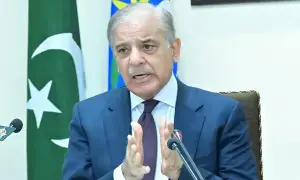

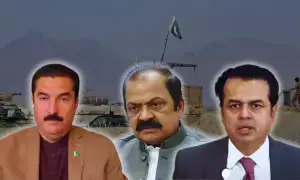
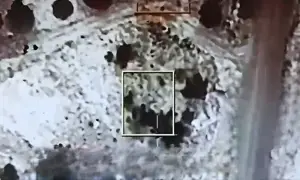

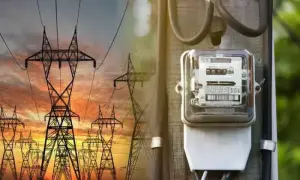

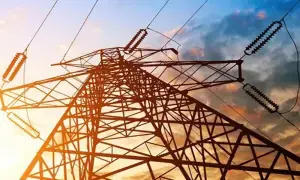
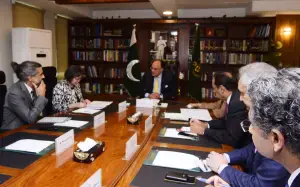


Comments are closed on this story.